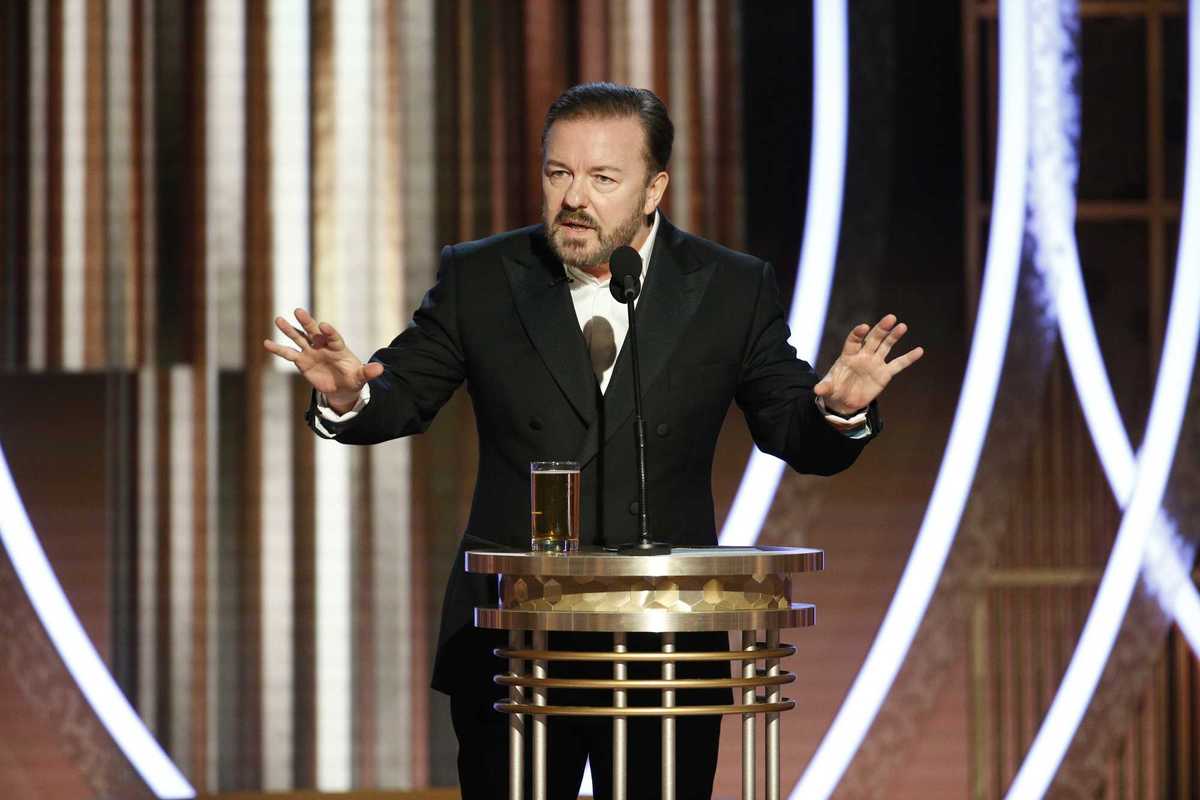News
Andy McSmith
May 18, 2015
The leader of Unite has raised the spectre that Britain’s biggest trade union could sever its links with Labour if the party does not choose a leader to the organisation’s liking.
Less than 24 hours after being publicly warned by Labour’s outgoing leader in Scotland, Jim Murphy, that he should stay out of the party’s affairs, Len McCluskey claimed that Labour’s heavy defeat in the general election was “a great opportunity for a complete rethink”. Here's how much power unions really have:
Q: Can Len McCluskey choose the next Labour leader?
A: Despite the vast sums Unite donates to Labour, the union’s boss does not have the power he once had to decide who will be leader – and nothing like the power union barons wielded in the 1980s when, if the heads of the three biggest unions came to an agreement, the election was basically over.
Q: What has changed?
A: The union block vote, in which the boss of the biggest union cast a million votes simultaneously, went out in 1993, but there remained an electoral college in which the votes of MPs, rank-and-file party members, and levy-paying members of affiliated unions were counted separately, each grouping making up a third of the overall total. David Miliband won the votes of a majority of MPs and party members but lost heavily in the union section.
Q: What part did Len McCluskey play in that?
A: Unite members voting in the union section received their ballot papers from their union, along with a recommendation that they vote for Ed.
Q: What happens this time?
A: There will be no electoral college, and every vote cast will have the same weight, making it harder for union bosses to affect the result. However, they still have some clout, because it is open to any levy-paying union member to pay an extra £3 to become an “affiliated” party member, with the right to vote in the leadership contest. Some unions are writing or phoning members to persuade them to pay.
Q: Can the unions decide the outcome?
A: When the leadership campaign began, there were only about 500 members who had affiliated by paying their £3, out of a total of 230,000 eligible to vote. That number will go up, but probably not to a level at which it will have decisive impact.
More: Why Chuka Umunna really quit the Labour leadership race
Top 100
The Conversation (0)













